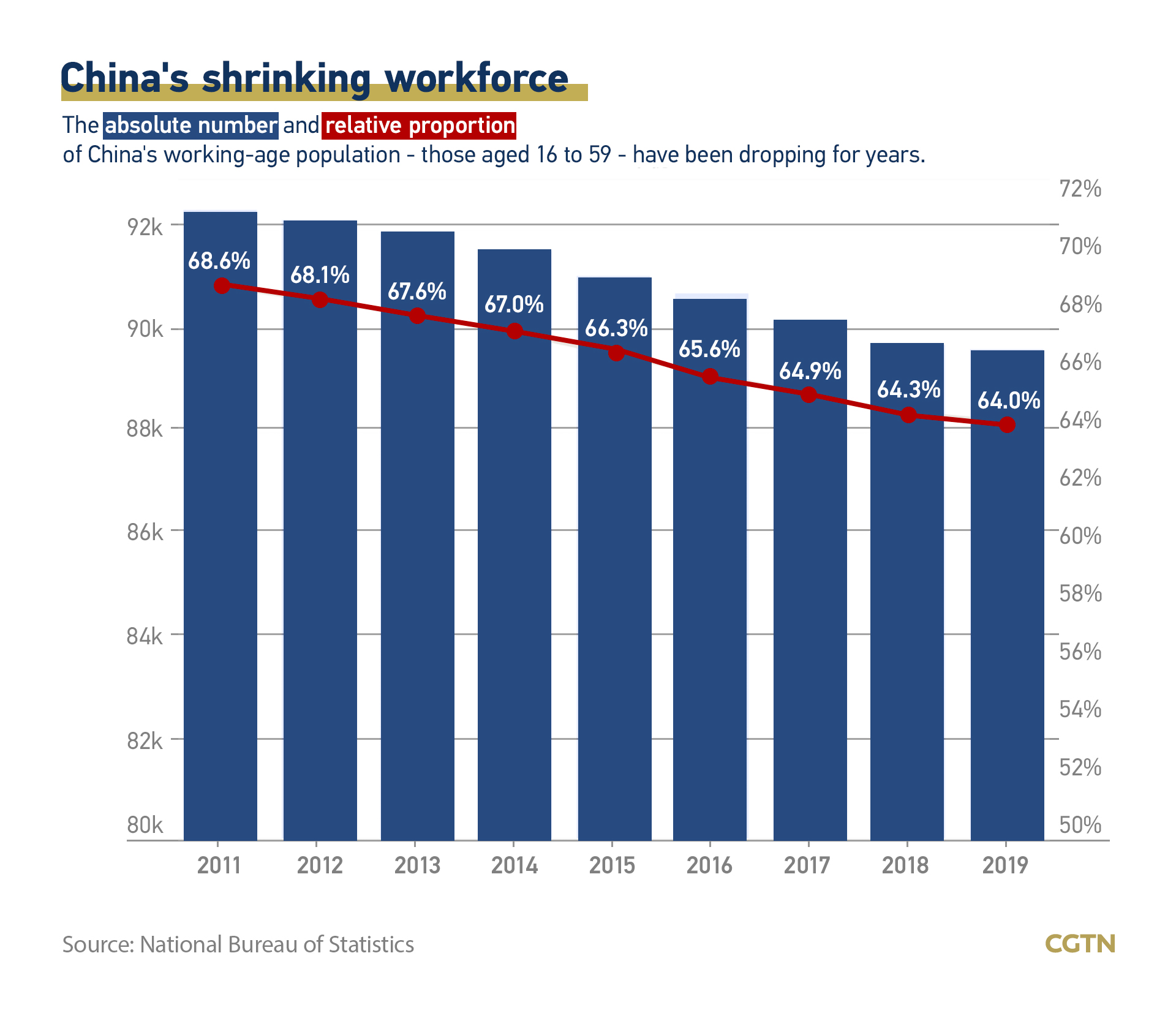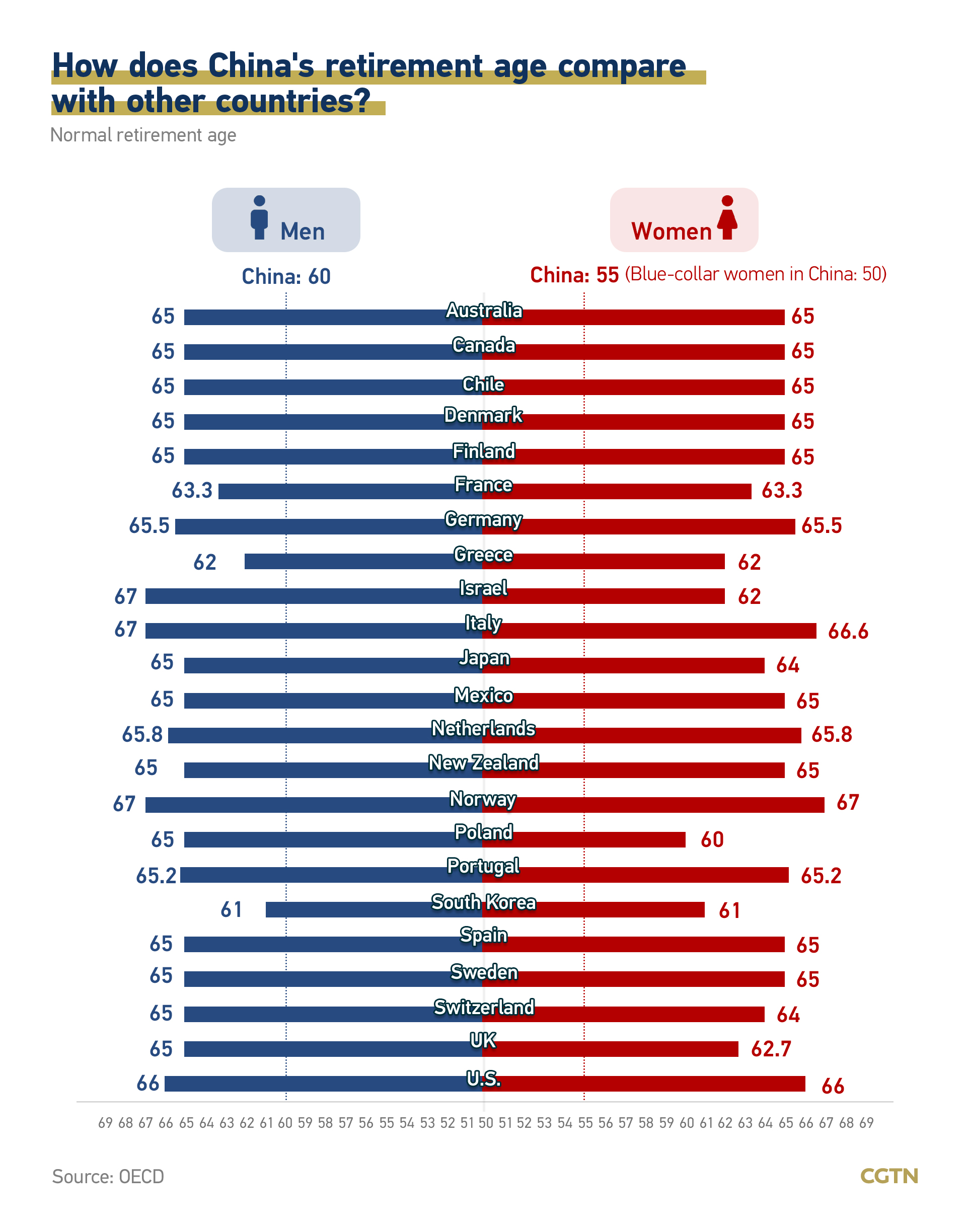China Raises Retirement Age: A Historic Shift
In a landmark decision, the Chinese government has announced plans to raise the retirement age for the first time since the 1950s. This policy change is a response to the country's aging population and the increasing pressures on its pension system. The new regulations will be phased in gradually, starting on January 1, 2025, and are expected to take about 15 years to fully implement.
Current Retirement Age and Changes
Currently, the retirement age in China is 60 years for men and 50 years for women in blue-collar jobs, while women in white-collar positions retire at 55. Under the new plan, the retirement age for men will be raised to 63 years, while women will see their retirement age increase to either 55 or 58 years, depending on their job type. This change aims to align the retirement age with the national realities and the evolving economic landscape of the country.
Reasons Behind the Change
The decision to raise the retirement age comes amid concerns about a shrinking workforce and a dwindling pension budget. As the population ages, the ratio of working-age individuals to retirees is decreasing, which poses significant challenges for the sustainability of the pension system. According to experts, the current retirement age is seriously mismatched with the demographic trends and economic needs of the country.
Public Reaction
The announcement has sparked a mixed reaction among the public. While some understand the necessity of the change given the demographic challenges, many citizens are outraged by the prospect of working longer. The retirement age in China is already among the lowest in the world, and the increase has led to fears about job security and the quality of life for older workers.

International Context
China's move to raise the retirement age places it among the youngest retirement ages in major economies. For comparison, countries like the United States, Germany, and the United Kingdom have higher retirement ages, often exceeding 65 years. This shift in policy reflects a broader trend among nations facing similar demographic challenges, where governments are compelled to rethink retirement policies to ensure economic stability.
Implementation Timeline
The phased implementation of the new retirement age will allow for a gradual adjustment for both employers and employees. The government plans to provide support and resources to help workers transition into the new system. This includes potential retraining programs and incentives for companies to retain older employees.
Legislative Approval
The decision was approved by China's Standing Committee of the National People's Congress, marking a significant legislative step in addressing the country's demographic crisis. The government has emphasized that this policy is essential for maintaining economic growth and ensuring the viability of the pension system.

The decision to raise the retirement age in China is a historic shift that reflects the country's urgent need to adapt to changing demographic realities. As the government prepares to implement this policy, it will be crucial to monitor its impact on the workforce, the economy, and the overall well-being of the aging population. The coming years will reveal how effectively China can navigate this transition and what it means for the future of work in the world's most populous nation.
For more detailed information, you can read the full articles from The New York Times, CNN, and BBC.





